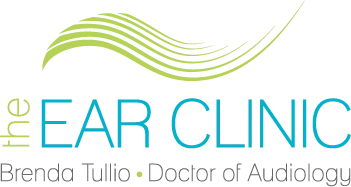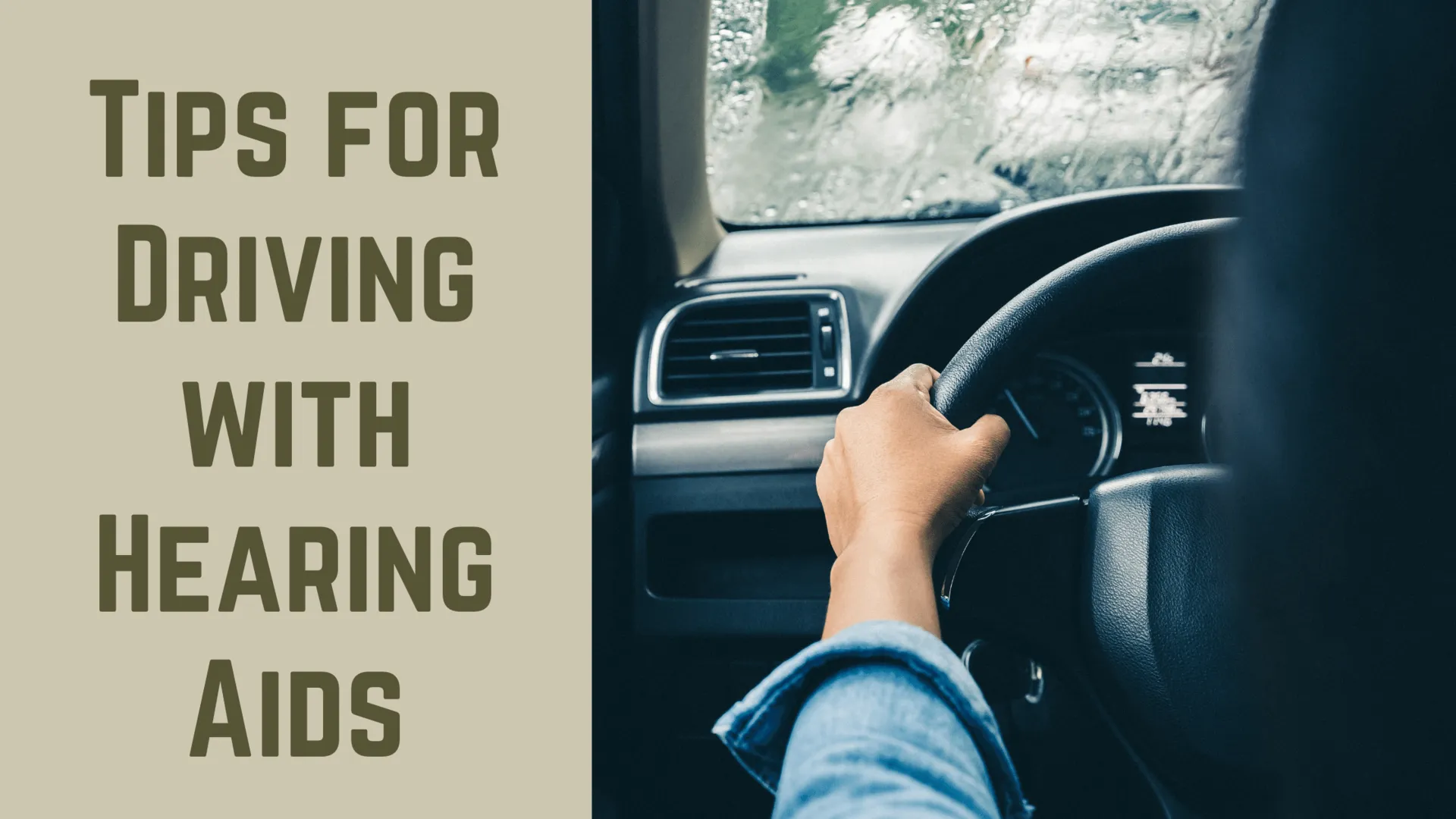Being a safe driver is an important skill, especially in this day and age where people are constantly distracted by their devices. You need to pay attention to the rules of the road, monitor your speed, and keep track of other cars around you. Do you have hearing loss? These are a few tips for driving with hearing aids to keep you and everyone around you safe.
CHECK YOUR VISION
Your vision is extremely important when it comes to safe driving. It’s even more important if you have hearing loss. If you have prescription eyewear, make sure you always wear your glasses when you get behind the wheel. Seeing clearly will keep you safe on the road even if you have hearing loss. If you need glasses to see clearly, you should visit your optometrist every one to two years. Always keep your prescription up to date to stay safe on the road.
GET SUNGLASSES
Nothing reduces visibility like the glaring sun. It’s a good idea to keep sunglasses in the car, and always wear them when driving. If you wear prescription eyewear, it’s worth it to get prescription sunglasses to improve your visibility behind the wheel. For those with hearing loss, it’s even more critical to wear sunglasses when driving. You rely on your vision to keep you safe, so make sure your vision isn’t compromised. Anti-reflective or polarized sunglasses will cut down the glare and make it easy to see everything around you.
AVOID DRIVING AT NIGHT
Nighttime driving can be a challenge. It’s more difficult to see the road at night, and bright headlights can be blinding. If you have a hard time seeing clearly in the evening or at night, avoid driving after dark. plan to arrive home before nightfall, or ask for a ride if you’re going out in the evening.
VEHICLE MODIFICATIONS AND MAINTENANCE
If you have hearing loss, it’s important to make sure the rest of your senses are keeping you safe. Wearing glasses is an important first step. You can also make some adjustments to your vehicle. This is a great idea if you have stiff joints or have a harder time shoulder checking.
One easy adjustment is to install larger side mirrors and a larger rear-view mirror. This makes it easier to see what’s happening around you without turning your neck. Regular vehicle maintenance is also important. Ask your mechanic to carefully check your vehicle at every servicing. Your hearing loss could make you miss faint rattling sounds that could indicate a safety issue.
PREPARE FOR REACTION TIMES
Reaction time slows with age. It may take a split second longer to react to a sound or process what you have heard. Hearing loss can add another split second, and this furthers delays reaction times on the road. Prepare for delayed reaction times by leaving a bit more room between you and the car in front of you. Leaving some extra space will give you time to react to sudden changes. It’s also a good idea to avoid major highways or busy roads that require faster reactions.
LEARN MORE ABOUT YOUR MEDICATIONS
Did you know that some or your medications can make you drowsy? Ask your doctor more about your medications and if any of them cause fatigue or lightheadedness. If you’re taking a medication that makes it hard to focus behind the wheel, hearing loss will make this a greater safety hazard. Ask your doctor about changing medications, or find out if you can take medications at a different time of day.
LIMIT DISTRACTIONS
Stay alert when you’re behind the wheel and focus on the road. Limit distractions by turning off the radio and asking passengers to avoid chatting in the car. There will be lots of time to share stories once you reach your destination. Limiting noise in the car will help you focus on the road, and make it easier to hear sounds in your environment.
SCHEDULE REGULAR HEARING TESTS
When you wear quality hearing aids to treat your hearing loss you’ll be safer behind the wheel. Schedule regular hearing tests to maintain your hearing health and make sure your hearing aids are helping you hear clearly. A hearing test will determine if your hearing has changed, and let us know if we need to recalibrate your hearing devices to match your changing hearing needs.

